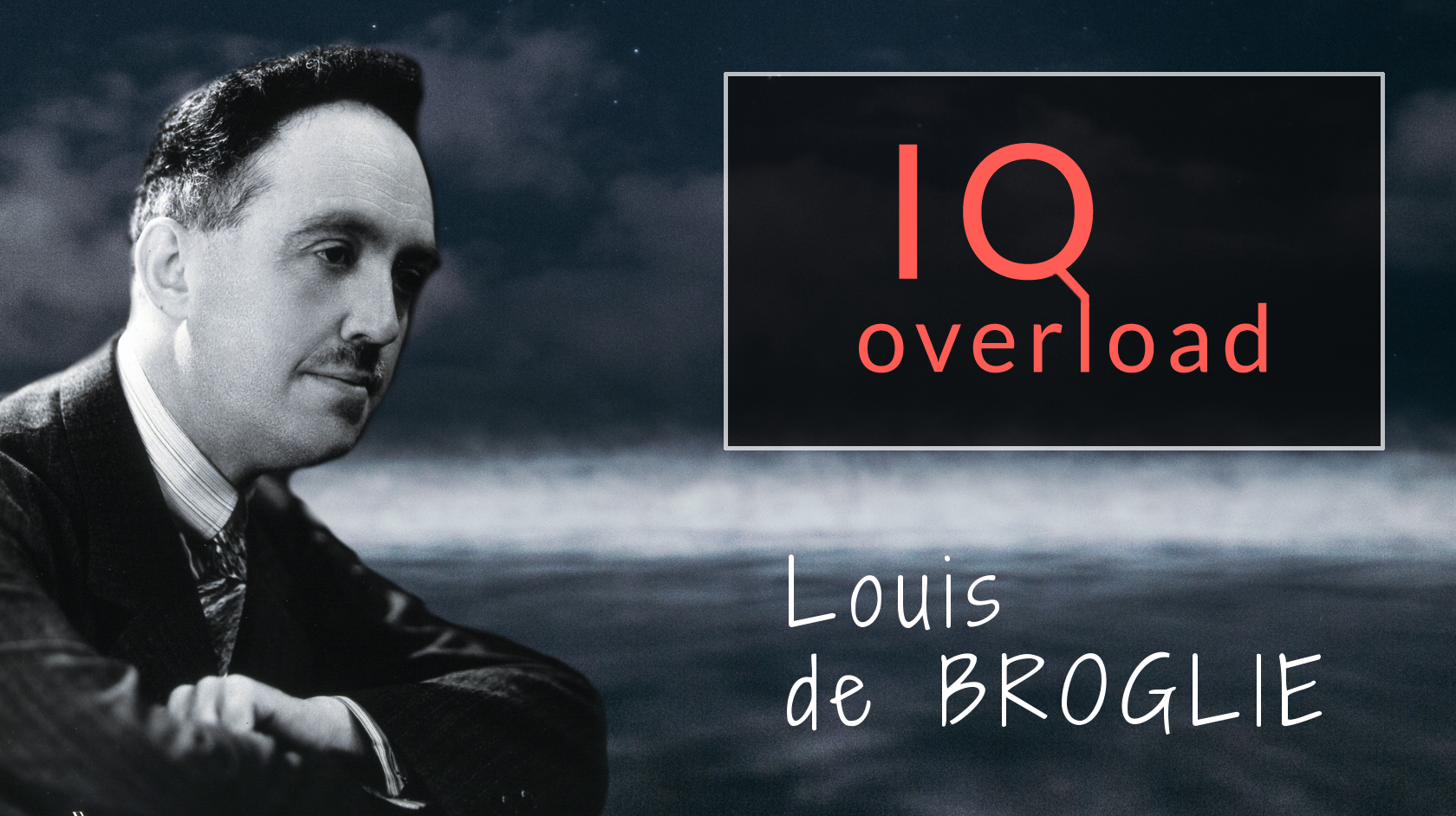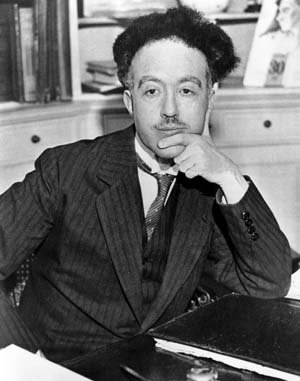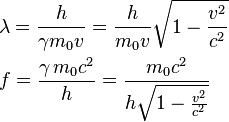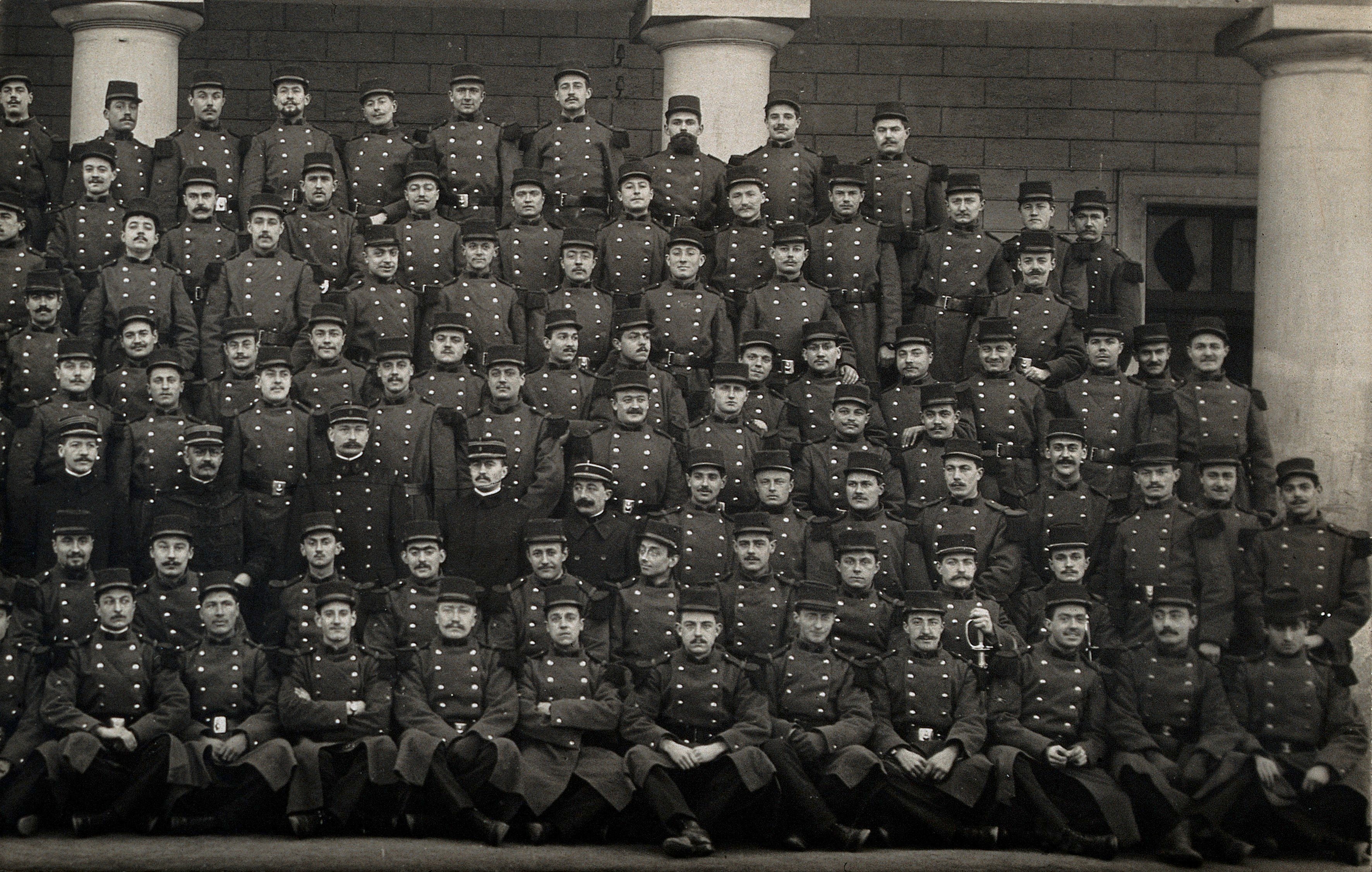
Introduction
Have you ever wondered how our civilization would have looked like if everyone in the world had continued family tradition and study only a specified field of science? I haven't... Until I started preparation to write an entry about Louis de Broglie, another participant of 5th Solvay Conference, another physicist. It blew my mind.
Why? I hope you will be able to answer this question after reading this part of IQ overload series.
His life, my thoughts

image credits: Wikimedia
Early life
Louis-Victor-Pierre-Raymond de Broglie was born in Dieppe on 15th August, 1892. As the second son of Louis-Alphonse-Victor, 5th duc de Broglie and Pauline d'Armaillé he was a part of French nobility. Since XVII century the de Broglie family brought up many high-powered personas: diplomats, soldiers, politicians. It wasn't surprising that Louis's parents wanted him to follow the family tradition. So he applied himself to literary studies and got his degree in history in 1910. But he wasn't happy with that - he was more math-type person. So he broke up with family tradition and in 1913 he took a science degree. I have to mention that he wasn't alone - his elder brother Maurice after a few years as naval officer became an experimental physicist.
He was more interested in theoretical physics than in experimental physics, he used to say about himself: “having much more the state of mind of a pure theoretician than that of an experimenter or engineer, loving especially the general and philosophical view" (Britannica). But XX century wasn't the easiest time. During I World War Louis de Broglie served in the wireless section of the French army. He stationed at the Eiffel Tower, where he had to deal with the technical side of physics. After the war de Broglie continued his studies of theoretical physics.
What if...
As I mentioned in the introduction - one problem blew my mind. What if everyone in the world had continued family tradition and study only a specified field of science?
I'm sure that our world would be different. I'm not sure how much would it had affected our civilization tho. Let's say that Louis became a historian. Would he be as great historian as, it turned out, he was a physicist? Well, his mind was so bright that there are chances that he could, but it wasn't his main area of interests and it probably never would be.
Matter waves
When Einstein and Planck proposed that light is not only a wave, but in some cases, it behaves like particles, not everyone believed them. Confirmation came in 1923 - then it was clear, that wave-particle duality of light is true.
Louis de Broglie in 1924 put forward even more courageous hypothesis - he proposed that all moving matter behaves both like particles and waves. He also said that the wavelength of the matter wave can be calculated as follows:

Wikipedia
where m is particle's mass, v its velocity, y the Lorentz factor and c the speed of light.
His hypothesis was right. In 1927 Clinton Davisson and Lester Germer experimentally confirmed that electrons act not only like particles, but also like waves. It was crucial for quantum mechanics development. An interesting fact is that the doctoral thesis "Recherches sur la Théorie des Quanta" where Louis de Broglie presented matter waves wasn't accepted until Einstein saw and confirmed it. Albert Einstein knew how important de Broglie hypothesis was and he was entusiastic.
Nobel Prize and later life
After getting his Ph.D. Louis de Broglie stayed in the Sorbonne. A few years later, in 1928, he became a professor of theoretical physics at the Henri Poincaré Institute. He taught there until 1962 when he retired.
Louis de Broglie was another physicist from 5th Solvay Conference who received Nobel Prize. It happened in 1929. Why did he get it? The answer isn't hard - "for his discovery of the wave nature of electrons". The Nobel Prize confirms the importance of de Broglie's discovery.
Louis de Broglie died on March 19, 1987 in Louveciennes.
Summary

French soldiers including Louis de Broglie [image credits: Wikimedia]
In this article I presented a life of a great person - Louis de Broglie. You could also read about his biggest discovery - matter waves. He was indeed a big scientist, who almost became diplomat after getting a degree in history. I have also written my thoughts about breaking up with a family tradition of studying in the specific field of science.
References:
- more about Louis de Broglie: nobelprize.org, Britannica and Wikipedia
- more about matter wave: Le Mouth's article
0. IQ overload: the story of one photo
1. IQ overload: Maria Skłodowska-Curie
2. IQ overload: Niels Bohr
3. IQ overload: Albert Einstein
4. IQ overload: Werner Heisenberg
5. IQ overload: Erwin Schrödinger
6. IQ overload: Max Planck
7. IQ overload: Louis de Broglie
Bonus parts:
#2017 IQ overload: Barry Barish, Rainer Weiss and Kip Thorne
Do you like science? Join us on #steemSTEM!

gif made by @foundation
